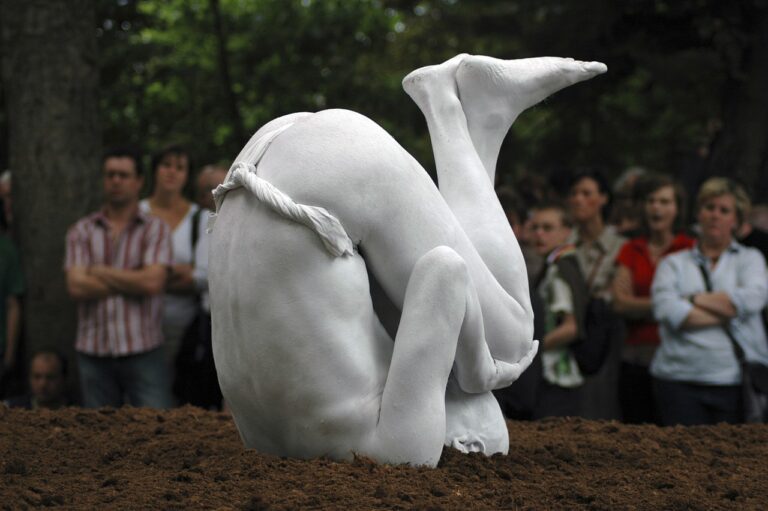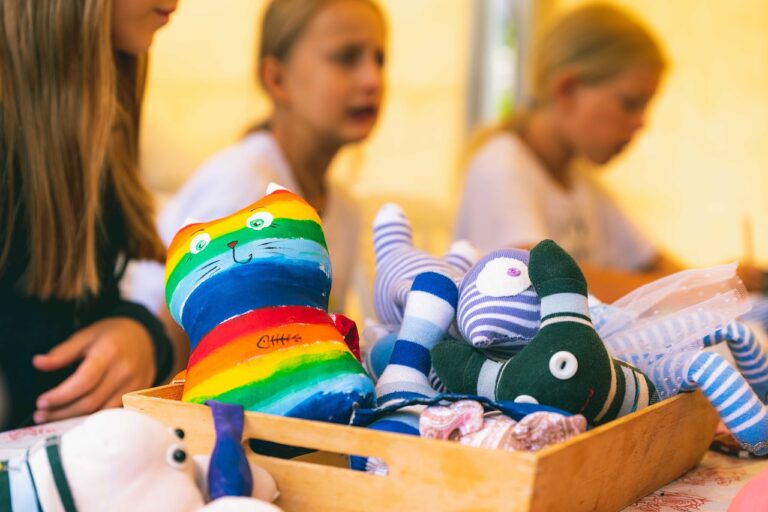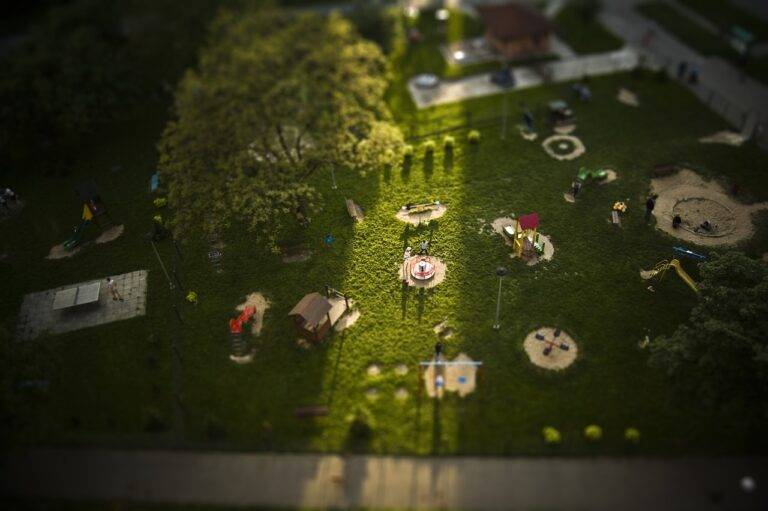Designing Interactive Workshops for Sustainable Event Planning: 11xplay reddy login registration, Gold365 login, Skyfairs new id
11xplay reddy login registration, gold365 login, Skyfairs New ID: Designing Interactive Workshops for Sustainable Event Planning
Are you looking to make your event planning more sustainable? One way to do that is by designing interactive workshops that focus on sustainability practices. These workshops can help educate participants on ways to reduce waste, conserve energy, and make environmentally-friendly choices when planning events.
Interactive workshops are a great way to engage participants and get them actively involved in the learning process. By incorporating hands-on activities, group discussions, and real-life examples, you can create a more impactful learning experience that will stick with participants long after the workshop is over.
Here are some tips for designing interactive workshops for sustainable event planning:
1. Define your objectives: Before you start designing your workshop, it’s important to clearly define your objectives. What do you want participants to learn or take away from the workshop? By setting specific goals, you can tailor your workshop activities to ensure that they meet those objectives.
2. Choose engaging activities: Incorporate a variety of activities to keep participants engaged and interested. This could include group brainstorming sessions, interactive games, hands-on exercises, and role-playing scenarios.
3. Provide real-life examples: Share real-life examples of successful sustainable event planning initiatives to inspire participants and show them the impact of their choices. Case studies, guest speakers, and virtual tours can all help bring these examples to life.
4. Encourage group discussion: Create opportunities for participants to share their own ideas, experiences, and challenges. Group discussions can foster collaboration, creativity, and peer learning.
5. Include hands-on activities: Hands-on activities can help reinforce learning and allow participants to practice sustainable event planning techniques in a safe environment. This could include waste sorting exercises, energy-saving simulations, or eco-friendly decoration workshops.
6. Follow up: After the workshop is over, follow up with participants to reinforce key concepts and encourage them to implement sustainable practices in their own event planning endeavors. This could include sending out resources, hosting follow-up webinars, or offering personalized coaching sessions.
By designing interactive workshops for sustainable event planning, you can empower participants to make more environmentally-friendly choices and reduce their carbon footprint. Not only will this benefit the planet, but it can also help your events stand out and attract eco-conscious attendees.
FAQs
Q: How can I incorporate sustainability into my event planning?
A: There are many ways to incorporate sustainability into your event planning, such as using eco-friendly materials, reducing waste, conserving energy, and offsetting carbon emissions.
Q: What are some common sustainable event planning practices?
A: Common sustainable event planning practices include using digital invitations, serving local and organic food, providing recycling and composting bins, and choosing venues with green certifications.
Q: How can I measure the impact of my sustainable event planning efforts?
A: You can measure the impact of your sustainable event planning efforts by tracking metrics such as waste diversion rates, energy consumption, water usage, and attendee satisfaction surveys.







